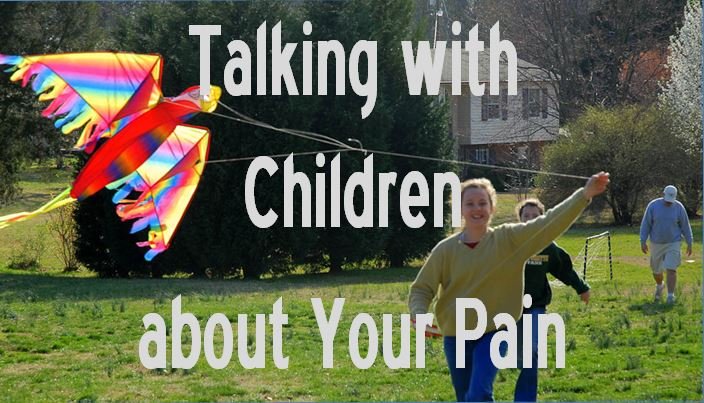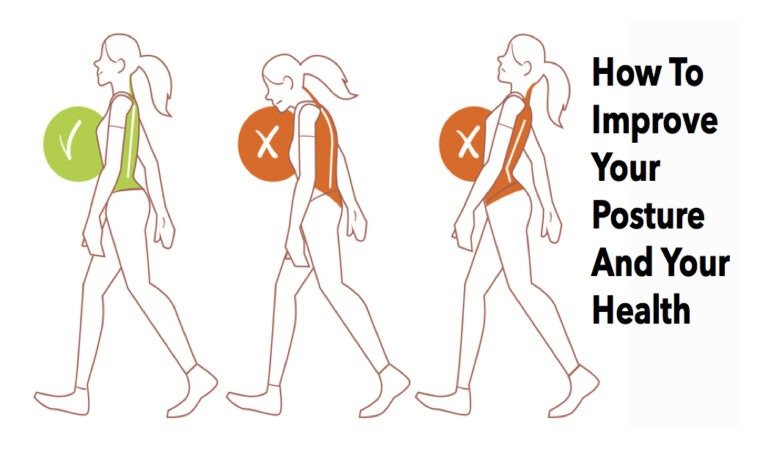Practical Advice for Parenting with Pain

Although parenting in pain may often be an uphill battle for many individuals, those who have “been there, done that” have some valuable insight into how to improve the process.
Kathy Church, MSW, offers advice on chronic pain and age-specific parenting and says that the most important thing to remember about parenting with pain is to establish open, honest communication lines that will help children understand the parent’s limitation.
Toddlers & Kindergarten – For this age group, Church recommends that parents talk to children using words the kids understand like “owwie” and “boo-boo.” She says it’s important to emphasize that the child is not to blame for the parent’s pain and to reassure the child that he or she cannot “catch” the pain. Church adds that parents should let children know that they will always be cared for and should reiterate that the child’s actions cannot worsen the pain.
School Age Children – Kids in elementary years are “concrete” thinkers, according to Church, so it’s better for parents to admit uncertainty about their pain and its effects than to offer a concrete answer that may not be realistic. Since children in this age range are often concerned about how the parent’s pain will affect their day-to-day routines, Church recommends explaining how the household routines will be completed. For example, let the child know who he or she will get to school and who will be responsible for preparing meals. Having this type of concrete plan in place goes a long way toward alleviating anxiety.
Adolescents – A period of roller-coaster emotions for kids, the adolescent stage presents its own pain-and-parenting challenges. Kids at this age are ready for the details, says Church, and she encourages parents to answer all questions as completely as possible. Additionally, Church says that families should not be afraid to ask for professional help if needed, and she advises parents to keep a close watch on their children’s behavior and mood. If a previously outgoing child becomes withdrawn, parents might want to consider family therapy.
Tips for talking with your child about pain:
– Expect to have this talk more than once. In some ways, talking to your child about chronic pain is like talking about sex. You’ll have to reinforce your messages over and over again, and modify them as your child gets older and can understand more.
– Keep it simple and honest. “Mommy hurts” is a good place to start with a younger child. Explain to them that there are some things other parents can do that you can’t. Also, tell them what your condition is called and what it means.
– Reassure them. Your child needs to know that you aren’t going to die, and that chronic pain isn’t contagious – just because you have it doesn’t mean they’ll get it.
– Let them help. Just bringing you a glass of water can make a child feel special and important. Just be careful that your child doesn’t turn into the caregiver.
– Listen to your child’s concerns. Ask your child what it is about your condition that really bothers them. But do it on their timetable. If they come to you upset or concerned, don’t just say “it’s okay” – ask them what upsets them.
Tips source: WebMD. More information found on their website.
What advice do you have for parenting with pain? We’d like to hear from you.
PainPathways Magazine
PainPathways is the first, only and ultimate pain magazine. First published in spring 2008, PainPathways is the culmination of the vision of Richard L. Rauck, MD, to provide a shared resource for people living with and caring for others in pain. This quarterly resource not only provides in-depth information on current treatments, therapies and research studies but also connects people who live with pain, both personally and professionally.
View All By PainPathways






